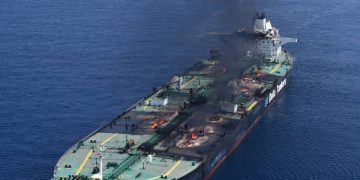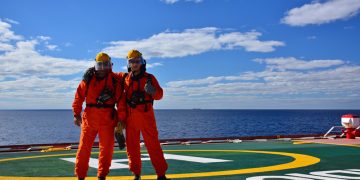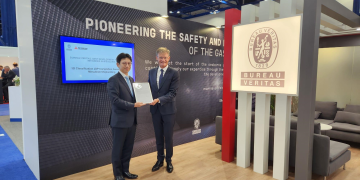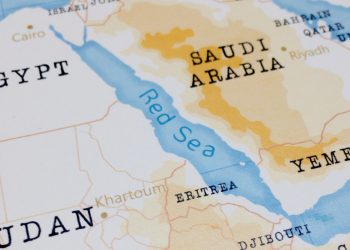The Philippine Ports Authority (PPA) announced that it is adopting stringent prevention measures against the Novel Coronavirus (nCoV), encompassing all PPA-controlled ports nationwide after the Department of Health (DOH) confirmed the first nCoV case on January 30.
PPA General Manager Jay Daniel R. Santiago has instructed all port managers to double the measures from general thermal scanning to individual checks if a passenger reaches a certain body temperature level.
As early as the first report of an outbreak in China involving the nCoV, the agency has immediately put into place frontline defense against the possible entry of the virus in the country via the ports.
With the recent confirmation from the DOH, we immediately deployed the ports’ safety, health and security personnel to immediately craft additional prevention measures on top of the general advisories from the DOH
Mr. Santiago said.
[smlsubform prepend=”GET THE SAFETY4SEA IN YOUR INBOX!” showname=false emailtxt=”” emailholder=”Enter your email address” showsubmit=true submittxt=”Submit” jsthanks=false thankyou=”Thank you for subscribing to our mailing list”]
PPA is also coordinatingwith Customs, Immigration, Quarantine and Security vessel boarding teams so that essential information that may need swift action could be provided to the ground personnel.
Mr. Santiago also added that:
Early detection plays a significant role in the prevention of the entry of the virus via our ports, that is why we are asking the DOH to augment the existing number of scanning machines as well as digital thermometers in our ports and at the same time deploy additional health and quarantine personnel to secure our ports
As he explained, dedicated nCoV Malasakit HelpDesk shall be provided in the ports in order to facilitate the processing of reports for possible victims. Face masks and sanitizers shall also be distributed to frontline employees.
In addition, digital and traditional visual advisories on how to prevent or avoid contraction of the virus are likewise being posted in conspicuous places inside and outside the ports.
The ports with high concentration of passengers and tourists are among others:
- The North Harbor in Manila;
- Batangas;
- Mindoro;
- Bohol;
- Davao;
- Palawan;
- Zamboanga;
- Bicol.
The measures being adopted by the PPA is in line with the earlier pronouncements of the Department of Transportation to reduce the risk of virus contamination via the ports.
The travel ban issued by Malacañang on January 31, is also a welcome development in guarding the ports, Mr. Santiago concluded.
Live map depicts spread of coronavirus
The new coronavirus has cost the lives of 213 people, while confirmed cases reach 9,776 worldwide. What is more, except from China, coronavirus cases have been reported in 23 countries around the world.
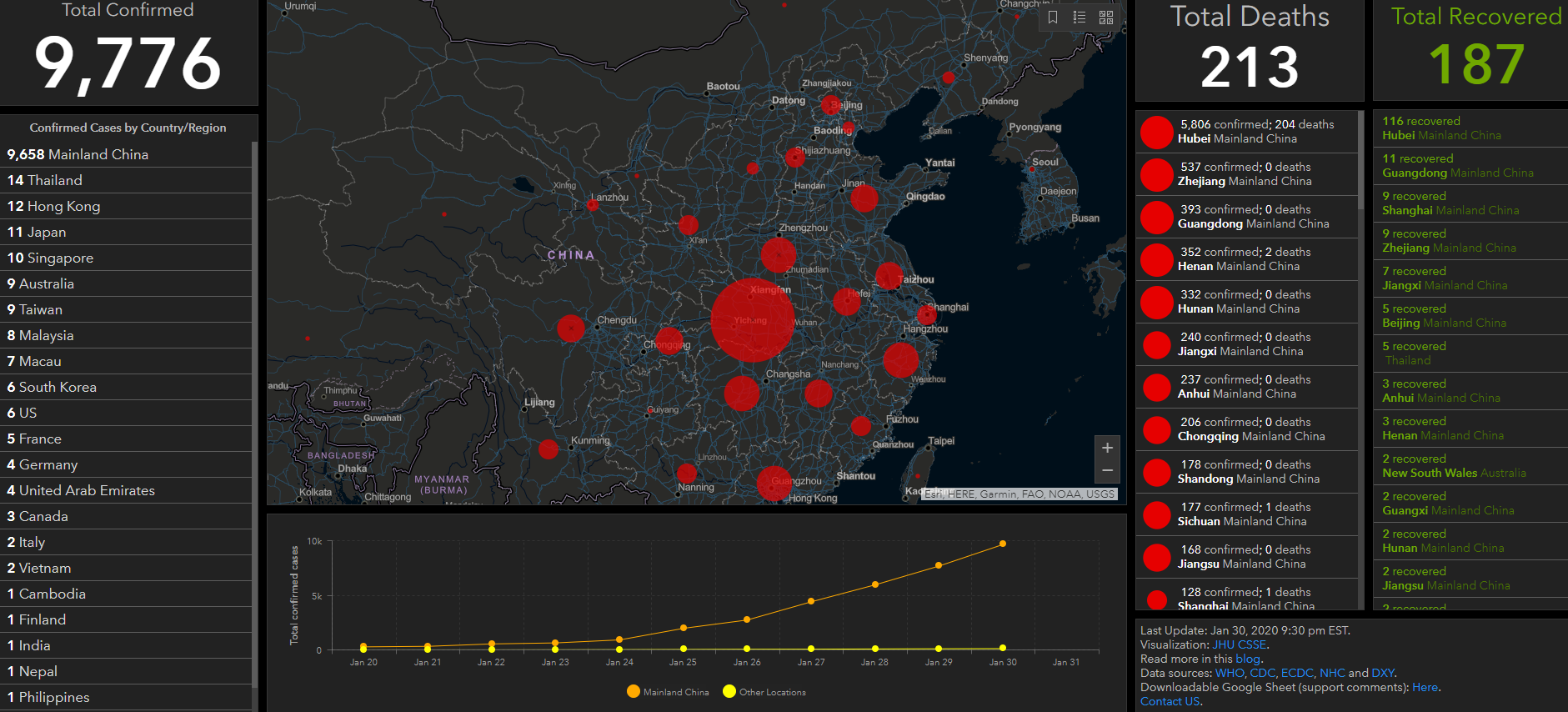
Coronavirus symptoms
For confirmed 2019-nCoV infections, reported illnesses have ranged from people being mildly sick to people being severely ill and dying. Symptoms can include:
- Fever
- Cough
- Shortness of breath
CDC believes at this time that symptoms of 2019-nCoV may appear in as few as 2 days or as long as 14 after exposure.
How the virus spreads
This virus probably originally emerged from an animal source but now seems to be spreading from person-to-person. It’s important to note that person-to-person spread can happen on a continuum. Some viruses are highly contagious (like measles), while other viruses are less so. At this time, it’s unclear how easily or sustainably this virus is spreading between people.
Prevention
There is currently no vaccine to prevent 2019-nCoV infection. The best way to prevent infection is to avoid being exposed to this virus. However, as a reminder, CDC always recommends everyday preventive actions to help prevent the spread of respiratory viruses, including:
- Wash your hands often with soap and water for at least 20 seconds. If soap and water are not available, use an alcohol-based hand sanitizer.
- Avoid touching your eyes, nose, and mouth with unwashed hands.
- Avoid close contact with people who are sick.
- Stay home when you are sick.
- Cover your cough or sneeze with a tissue, then throw the tissue in the trash.
- Clean and disinfect frequently touched objects and surfaces.
These are everyday habits that can help prevent the spread of several viruses.
Treatment
There is no specific antiviral treatment recommended for 2019-nCoV infection. People infected with 2019-nCoV should receive supportive care to help relieve symptoms. For severe cases, treatment should include care to support vital organ functions.
People who think they may have been exposed to 2019-nCoV should contact your healthcare provider immediately.
See also
Chinese Ports establish precautionary measures against Coronavirus
Cruise industry takes measures against Coronavirus
Shipping industry alerts on coronavirus outbreak







